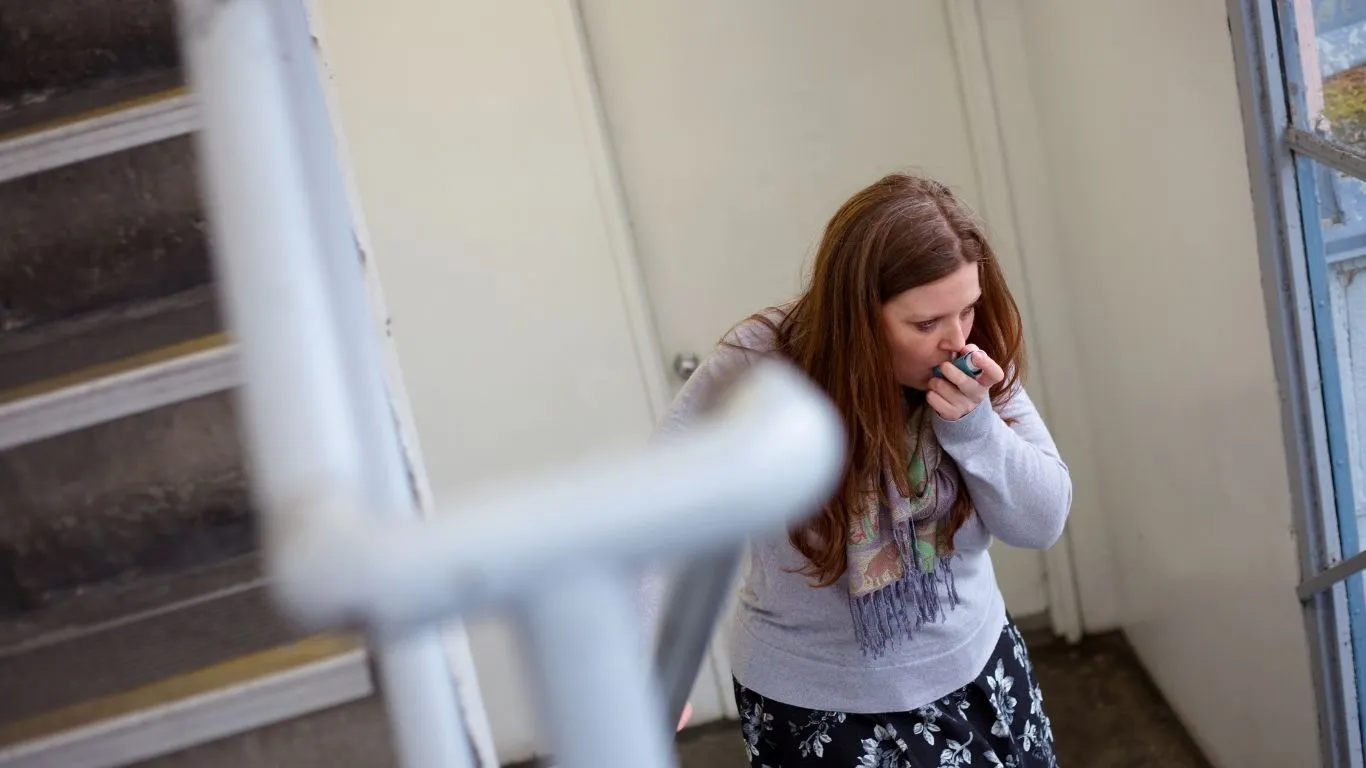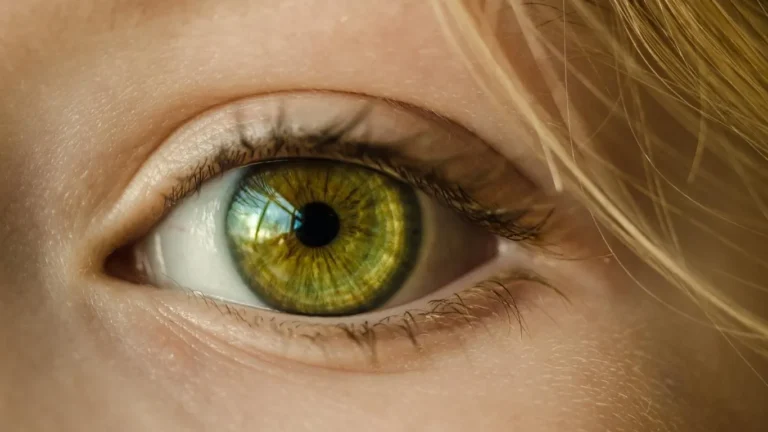Early Asthma Symptoms in Toddlers: What Parents Should Know
Worried your toddler might be showing signs of asthma? It can be tough to spot asthma in little ones, but recognizing early symptoms can make a big difference in managing the condition.
Asthma in toddlers can sometimes be tricky to identify since younger children can’t always describe what they’re feeling. But with a little knowledge, you can be more alert to the signs and symptoms, allowing for earlier intervention and treatment. In this article, we’ll cover the most common early asthma symptoms in toddlers, how to manage them, and what steps to take if you suspect your little one may have asthma.

Why Is Early Detection of Asthma Important?
Asthma is a chronic condition that affects the airways in the lungs, making it harder to breathe. For toddlers, it’s often triggered by allergens like dust, pet dander, or pollen, or it can flare up from respiratory infections like the common cold. Early detection is important because it helps prevent asthma symptoms from getting worse over time.
If left untreated, asthma can lead to frequent hospital visits and more serious health problems as the child grows. By recognizing the signs early on, you can work with your pediatrician to manage your child’s asthma and help them live a normal, active life.

Common Early Asthma Symptoms in Toddlers
Asthma symptoms in toddlers often appear when they’re under the age of 5. While it’s normal for toddlers to cough or wheeze from time to time, persistent or recurrent symptoms might indicate asthma. Here’s what to look for:
1. Frequent Coughing
A persistent cough, especially at night or during physical activity, is one of the most common early signs of asthma in toddlers. If your child seems to cough often—especially after playing or when they have a cold—this could be a sign of asthma. The cough may be dry or produce mucus, and it can be hard to shake off.
2. Wheezing
Wheezing is a high-pitched whistling sound that occurs when breathing. It’s especially noticeable when your toddler exhales. Wheezing happens when the airways become narrow due to inflammation, which is a hallmark of asthma. If your child is wheezing frequently, it’s important to get it checked out by a doctor.

Asthma Triggers in Toddlers
In addition to recognizing the symptoms, it’s also important to understand the triggers that can worsen asthma in toddlers. Some common asthma triggers include:
- Allergens: Dust mites, pet dander, mold, and pollen are common allergens that can trigger asthma symptoms.
- Respiratory Infections: Colds, flu, and other respiratory infections can set off asthma flare-ups in toddlers.
- Weather Changes: Cold air or hot, humid weather can make it harder for your toddler to breathe, especially if they already have asthma.
- Exercise: Physical activity, especially in cold weather or dusty environments, can trigger asthma symptoms in some toddlers.
- Tobacco Smoke: Secondhand smoke is a major asthma trigger, so it’s important to keep your toddler away from smoke-filled environments.

How to Manage Early Asthma Symptoms in Toddlers
If you suspect your toddler is showing signs of asthma, it’s important to schedule an appointment with their pediatrician. Your doctor can perform tests, like a breathing test or allergy testing, to help diagnose asthma. Early management is key to controlling asthma and preventing future flare-ups.
Here are some tips for managing early asthma symptoms in toddlers:
1. Follow a Treatment Plan
Once your child is diagnosed, your doctor will likely develop a treatment plan that may include medications, such as inhalers or steroids. Follow the plan carefully, ensuring your child takes their medication regularly to keep symptoms under control.
2. Monitor Symptoms
Keep track of your toddler’s symptoms, triggers, and medication use. This will help you notice any changes and be proactive about managing flare-ups. You can keep a symptom diary or use an app to track their asthma symptoms.
3. Create an Asthma-Friendly Environment
Make your home environment asthma-friendly by reducing allergens and irritants. For example, use allergen-proof pillowcases, keep pets out of the bedroom, and regularly clean surfaces to reduce dust. Consider using air purifiers and avoid exposure to tobacco smoke.
4. Encourage Physical Activity
While physical activity can sometimes trigger asthma symptoms, regular exercise is still important for your toddler’s overall health. Work with your pediatrician to develop a plan for safe physical activity. Ensure your child warms up properly and avoids exercising during cold or high-pollen days.
5. Know What to Do in an Emergency
In some cases, asthma symptoms can worsen quickly, leading to an asthma attack. It’s important to know what to do in an emergency. Your doctor can provide an asthma action plan, which will outline what to do if your toddler has a severe asthma flare-up.
Conclusion
Recognizing early asthma symptoms in toddlers can be a game-changer for managing the condition effectively. By staying alert to signs like frequent coughing, wheezing, and shortness of breath, and by working closely with your pediatrician, you can ensure your toddler stays healthy and active. Early diagnosis and management are crucial to reducing asthma symptoms and improving your child’s quality of life.
Appendices
References
- American Lung Association. (2023). Asthma in Children: Symptoms and Management. Read Article
- National Institutes of Health (NIH). (2024). Understanding Asthma in Children. Read Article
- Centers for Disease Control and Prevention (CDC). (2023). Asthma Control and Management. Read Article
FAQs
- What are the first signs of asthma in toddlers? The first signs of asthma in toddlers often include persistent coughing, wheezing, shortness of breath, and chest tightness, particularly at night or after physical activity.
- Can asthma develop suddenly in toddlers? Asthma usually develops gradually, but symptoms can worsen quickly during a cold or exposure to asthma triggers, making it seem like asthma appears suddenly.
- How do I know if my toddler’s coughing is due to asthma? If your toddler’s cough is frequent, especially at night, or associated with other symptoms like wheezing and difficulty breathing, it could be a sign of asthma.
- Can secondhand smoke trigger asthma in toddlers? Yes, secondhand smoke is a major trigger for asthma symptoms in toddlers and should be avoided at all costs.
- What should I do if my toddler has an asthma attack? Follow your doctor’s asthma action plan and use your toddler’s inhaler or prescribed medication. If symptoms don’t improve, seek immediate medical attention.
Disclaimer: The information provided in this article is for educational purposes only and does not substitute for professional medical advice. Always consult with your pediatrician or healthcare provider regarding your child’s health and any concerns about asthma. Individual needs and treatment plans may vary.

Bianca Nala is a compassionate Nurse Practitioner with a strong background in primary and respiratory care. As a health writer for Healthusias.com, she combines her clinical expertise with a talent for clear, relatable storytelling to help readers better understand their health. Bianca focuses on topics like asthma, COPD, chronic cough, and overall lung health, aiming to simplify complex medical topics without losing accuracy. Whether she’s treating patients or writing articles, Bianca is driven by a single goal: making quality healthcare knowledge accessible to everyone.







